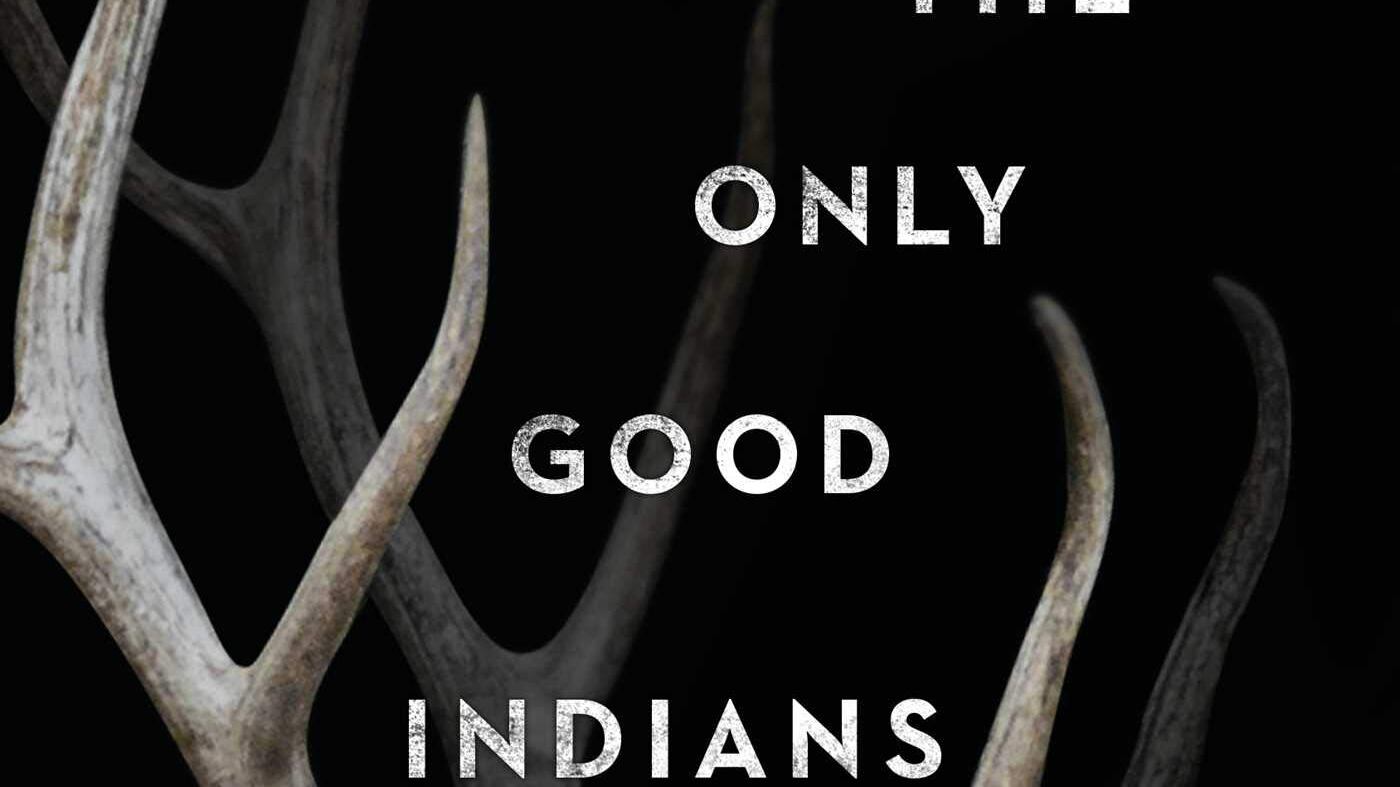The Only Good Indians, Stephen Graham Jones
In The Only Good Indians, Stephen Graham Jones maintains a steady buzz of tension through his ability to pair classic horror with the strange—and at times uncomfortable—matching of identity and tradition. Four Native American friends, all of whom are Blackfeet, embark on a hunting trip on land that is reserved for tribe elders, narrowing their focus to a herd of elk. After an interrupted pursuit, the four are left to throw away the meat, propelling a disturbing narrative in which moments of gore are offset by thoughtful social commentary.
Bury My Heart at Chuck E. Cheese's, Tiffany Midge
Tiffany Midge, a member of the Standing Rock Sioux Reservation and longtime Pacific Northwest writer, breaks through the tired expectations of elegiac writing by Native American authors, offering instead a funny, whip-smart memoir that minces few words on contemporary culture. In one chapter, Midge undresses the "historical amnesia" of Handmaid's Tale fandom; in another, she gives her rundown of "politically correct alternatives to culturally insensitive Halloween costumes."
Where the Dead Sit Talking, Brandon Hobson
A National Book Award finalist, Where the Dead Sit Talking is a stark portrait of intergenerational trauma and the relationship between Native American children and the grueling nature of the foster care system. Set in Oklahoma in the late 1980s, Hobson writes of a 15-year-old boy and his single mother, both under the thumb of a system that offers little in the way of security and belonging. It is a soft, almost unbearably intimate portrayal of a reality that complicates the understanding of home.
Heart Berries, Terese Marie Mailhot
Terese Marie Mailhot of the Seabird Island Band in British Columbia wrote her memoir Heart Berries in the way you would expect to read poetry—with heavy, vivid prose that demands careful attention. The essays are precise and unapologetic, exploring difficult scenes of heritage, trauma and mental health. "My story was maltreated," Mailhot writes in the opening section. "The words were too wrong and ugly to speak."
The Tao of Raven, Ernestine Hayes
In writer Ernestine Hayes' debut, she wrote of what it meant to return to Juneau, Alaska, and her Tlingit community after a long period of adulthood in Seattle and San Francisco swept into Euro-American culture. In The Tao of Raven, Hayes broadens this lens, looking forward to the ways future generations will define community for themselves. At once, the book comprises fiction, memoir and philosophy, blended together to flesh out a narrative that encompasses both past and present.
